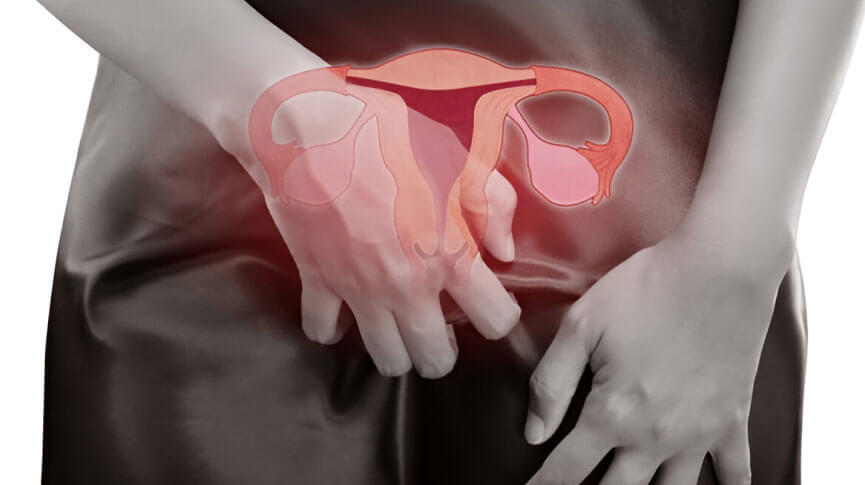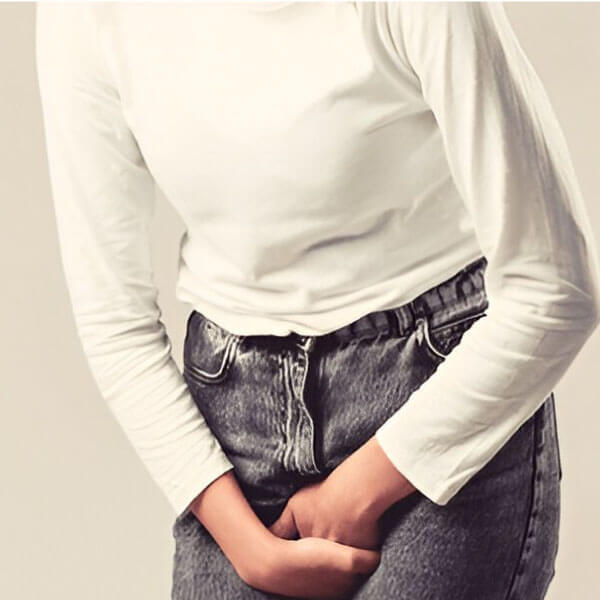
Vaginal dryness happens when the vaginal area doesn’t produce enough natural moisture. This can cause pain, itching, or discomfort—especially during sex. While it’s most common during menopause, it can happen at any age. Visit our DOXXES store on SW Freeway/Chimney Rock for supportive tools and products to help restore comfort and intimacy.
What Is Vaginal Dryness?
Vaginal dryness means the tissues inside the vagina are less moist than usual. This can lead to irritation or a burning feeling. Doctors often describe it in three ways:
- Superficial: dryness on the surface of the vaginal lining
- Deep: dryness further inside the vaginal canal
- Provoked: dryness triggered by specific activities like sex or tampon use
Why Does Vaginal Dryness Happen?
Psychological causes may include:
- Stress or anxiety that lowers sexual arousal
- Emotional distance or tension with a partner
- Fear of pain or negative past experiences
- Low body confidence or performance anxiety
Physical causes may include:
- Hormone changes from menopause, childbirth, or breastfeeding
- Side effects from medications like antihistamines or antidepressants
- Urinary tract infections or yeast infections
- Tight pelvic floor muscles
- Changes from surgery or anatomy
- Weak pelvic support, which can lead to dryness and urinary incontinence
Often, both physical and emotional causes are involved.
Examples and Triggers
Common signs of vaginal dryness:
- A stinging or burning feeling during everyday movement
- Pain during sex or penetration
- Less natural lubrication even with foreplay or arousal
- Irritation after exercising or wearing tight underwear
To find your triggers:
- Keep a journal of symptoms, moods, and activities
- Note days when you feel more dryness or discomfort
- Test different lubricants, positions, or timing to see what improves comfort
Who It Affects and Special Considerations
Vaginal dryness affects many people—not just those going through menopause.
It can also affect:
- Women who have just given birth or are breastfeeding
- Transgender men on testosterone therapy
- People of any gender in a relationship with someone who experiences dryness
Dryness can affect intimacy, confidence, and mood. Many people find comfort in support groups or online communities where they can talk openly.
How a Sex Therapist Can Help
A sex therapist can help you understand the emotional side of dryness. They may:
- Talk through your medical and sexual history
- Help identify mental health concerns like anxiety or past trauma
- Teach ways to reduce pain and build trust with your partner
- Support you in rebuilding comfort and confidence
How to Manage and Treat Vaginal Dryness
Counseling and Talk Therapy
Therapy can help ease stress or emotional causes that lead to dryness.
Pelvic Floor Exercises
Kegel exercises or pelvic training tools can improve blood flow and help your body produce more natural lubrication.
Diet and Supplements
Drink more water, reduce caffeine, and eat omega-3 rich foods like flaxseeds or fish. Some women use vitamin E suppositories or vaginal probiotics.
Moisturizers and Lubricants
Use daily vaginal moisturizers and apply lubricants before sex. Try water-based or silicone-based options and avoid scented products.

How DOXXES Products Can Help
At DOXXES.love, we offer:
- Water-based and silicone-based lubricants
- Pelvic exercisers to strengthen muscles and boost comfort
- Soft, body-safe vibrators and massagers
- Step-by-step instructions to help you use each item with confidence
These products are great for daily use or to support intimacy.
How to Talk About Vaginal Dryness
Talking about dryness can feel awkward, but it helps. Try these steps:
- Use “I” statements like “I feel pain sometimes” to stay clear and kind
- Choose a quiet, calm moment with no distractions
- Read about vaginal dryness together and explore solutions as a team
- Get help early if it’s causing stress or emotional distance
Visit the DOXXES Store on SW Freeway/Chimney Rock
Our team offers a safe, discreet space to explore wellness products. Whether you need a gentle lubricant or a pelvic support tool, we can help guide you.
Conclusion
Vaginal dryness is common—and it’s treatable. With the right support, you can feel more at ease and enjoy intimacy again. Visit DOXXES on SW Freeway/Chimney Rock for products and expert guidance made just for you.
FAQs
- What causes vaginal dryness?
It can be caused by low hormones, certain medications, stress, or lack of arousal. - Is it only a menopause problem?
No. Postpartum, breastfeeding, and some medical issues can also lead to dryness. - Can I find relief products in-store?
Yes. At our SW Freeway / Chimney Rock location, we offer lubricants, moisturizers, and other comfort tools. - Does it affect sexual activity?
Yes. It can cause pain, itching, or low interest in sex. - What’s the difference between a lubricant and a moisturizer?
Lubricants are for instant relief during sex. Moisturizers work over time to hydrate tissue. - Can dryness affect emotions?
Yes. It may cause frustration, anxiety, or lower self-esteem. - Are there natural ways to manage it?
Yes. Drink more water, eat omega-3s, try vaginal vitamin E, and avoid scented products. - Should I avoid certain products?
Yes. Avoid anything with fragrances, dyes, or harsh chemicals. - What treatments are available?
Options include hormone creams, non-hormonal gels, and over-the-counter moisturizers. - Can I still use toys?
Yes—with plenty of lube. Choose soft, flexible toys that feel gentle on your skin.
